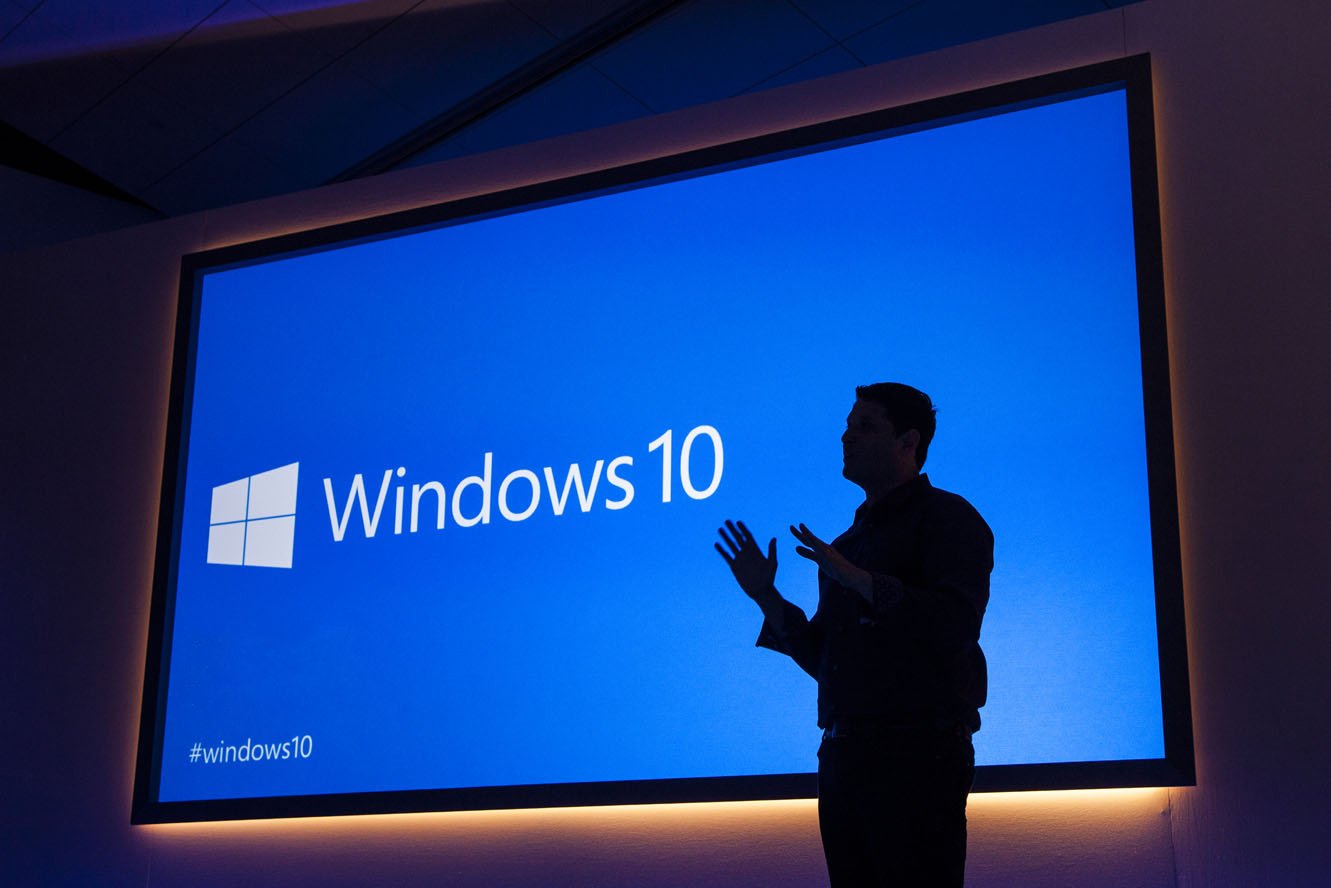Intel hints at potential legal troubles for Windows 10 on ARM

All the latest news, reviews, and guides for Windows and Xbox diehards.
You are now subscribed
Your newsletter sign-up was successful
Updated June 9, 2017: Added statement from Qualcomm below.
Original Story: Intel spent most of a recent blog post celebrating the 40th anniversary of the launch of the first x86 microprocessor, but it was the path that the company chose to go down at the end of its post that has raised eyebrows. In wrapping things up, Intel fired off a warning shot at companies seeking to emulate the x86 architecture, potentially foreshadowing some legal troubles for Qualcomm and Microsoft over their efforts with Windows 10 on ARM.
From Intel:
There have been reports that some companies may try to emulate Intel's proprietary x86 ISA without Intel's authorization. Emulation is not a new technology, and Transmeta was notably the last company to claim to have produced a compatible x86 processor using emulation ("code morphing") techniques. Intel enforced patents relating to SIMD instruction set enhancements against Transmeta's x86 implementation even though it used emulation. In any event, Transmeta was not commercially successful, and it exited the microprocessor business 10 years ago.Only time will tell if new attempts to emulate Intel's x86 ISA will meet a different fate. Intel welcomes lawful competition, and we are confident that Intel's microprocessors, which have been specifically optimized to implement Intel's x86 ISA for almost four decades, will deliver amazing experiences, consistency across applications, and a full breadth of consumer offerings, full manageability and IT integration for the enterprise. However, we do not welcome unlawful infringement of our patents, and we fully expect other companies to continue to respect Intel's intellectual property rights. Strong intellectual property protections make it possible for Intel to continue to invest the enormous resources required to advance Intel's dynamic x86 ISA, and Intel will maintain its vigilance to protect its innovations and investments.
Neither Microsoft nor Qualcomm are actually mentioned by name in Intel's post, but, given the proximity to recent announcements from Microsoft concerning Windows 10 on ARM, it's hard not to form a connection. ZDNet's Mary Jo Foley reached out to Intel to clarify whether the post was directed towards Qualcomm and Microsoft's efforts, but its response isn't particularly clarifying:
Intel respects intellectual property rights and we expect others to do the same. x86 technology is both proprietary and central to our business, and we're concerned any time it appears that others may be copying it inappropriately. We will thoroughly evaluate any products that claim to emulate x86 technology, and vigorously enforce our intellectual property rights if we believe they are infringed.
Recently, at Computex, Microsoft announced that the first Windows 10 on ARM PCs will come from the likes of Lenovo, HP, and ASUS. Running on Qualcomm's Snapdragon 835, a platform typically used for smartphones, Windows 10 on ARM will be able to run full Windows and emulate full Win32 legacy applications. That's different from Microsoft's last ARM effort, Windows RT, which could only run Windows Store apps.
Compared to x86 laptops, Microsoft claims that Windows 10 on ARM devices should provide up to 50 percent better battery life, up to gigabit LTE, and four to five times longer standby times.
There's currently no specific date for Windows 10 on ARM PCs to hit the market, nor have we even seen any hardware designs just yet. However, with the implied threat of a protracted legal battle out there, it will be interesting to watch and see how this plays out over the coming months.
All the latest news, reviews, and guides for Windows and Xbox diehards.
A Qualcomm spokesperson provided Windows Central with the following statement concerning Intel's blog post:
Given our recent announcement with ASUS, HP and Lenovo, we found the blog that one of our competitors published on June 8 very interesting. We look forward to the launch of the always connected Windows 10 PC powered by the Qualcomm Snapdragon 835 Mobile PC Platform later this year. As showcased at Computex 2017 in conjunction with Microsoft, the Snapdragon 835 Mobile PC Platform brings a true always connected PC experience with support for up to Gigabit LTE connectivity and all-day battery life for sleek, thin and fanless designs. This will change the future of personal computing.

Dan Thorp-Lancaster is the former Editor-in-Chief of Windows Central. He began working with Windows Central, Android Central, and iMore as a news writer in 2014 and is obsessed with tech of all sorts. You can follow Dan on Twitter @DthorpL and Instagram @heyitsdtl.
